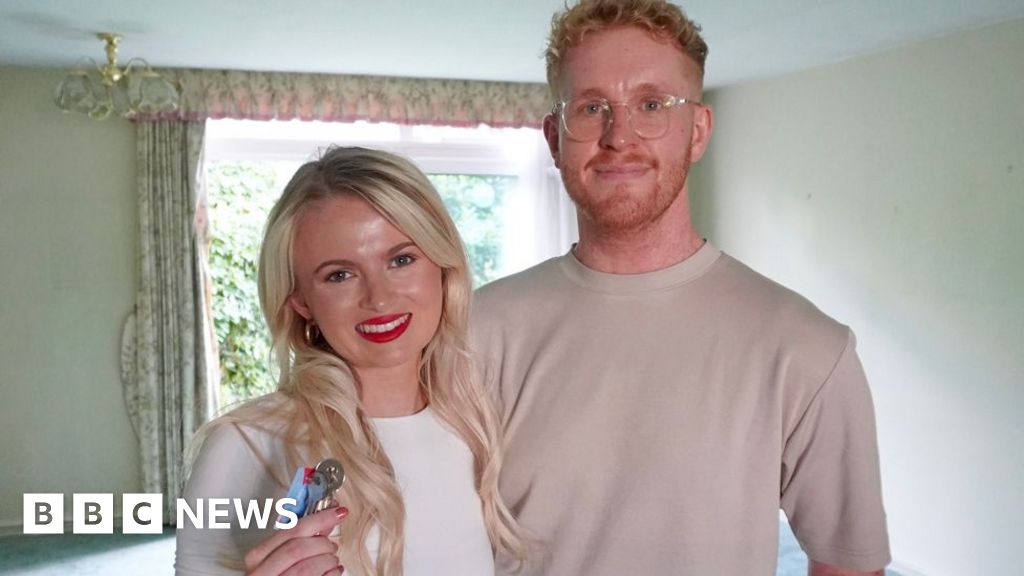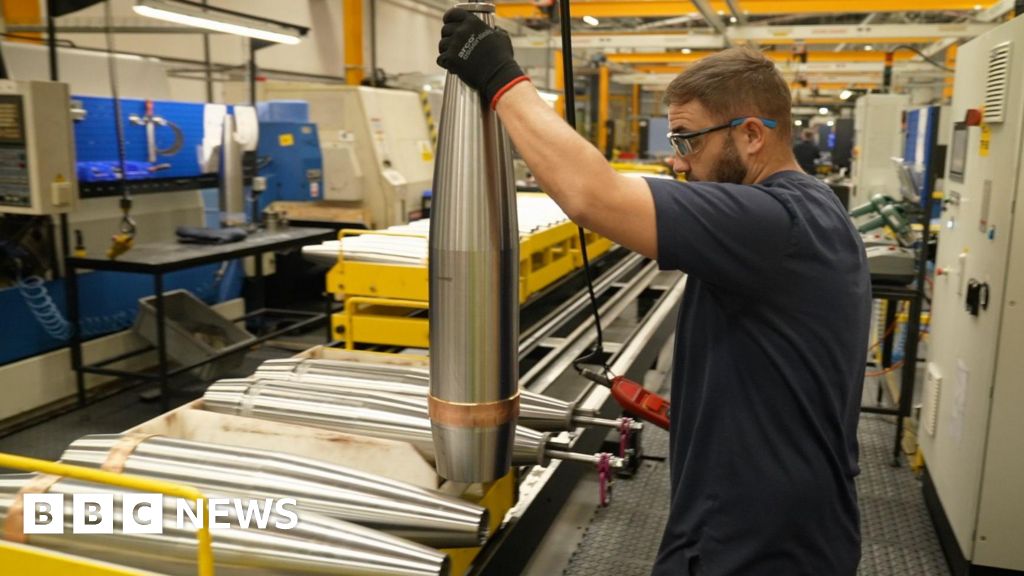ARTICLE AD BOX
By Kevin Peachey
Personal finance correspondent, BBC News
Image source, Getty Images
Mortgage experts are expecting a "slow and measured" increase in the cost of home loans amid predictions of rising prices elsewhere.
All eyes turn to the Bank of England which will consider next week whether to raise the base rate.
Some mortgage lenders have raised their interest rates slightly, after a period of intense competition and ultra-low costs for borrowers.
Official forecasters say the biggest mortgage rate rises will be in 2023.
The Office for Budget Responsibility (OBR) - the government's official, independent forecaster - said inflation (which measures the cost of living) was likely to speed up to 4% next year.
In response, it predicted a rise in the Bank rate next year, and the year after, from its current record low of 0.1%. It said the Bank rate would not be expected to breach the 1% mark, although it could go as high as 3.5% if inflation went above 5%.
Such a change would generally feed through to the interest rates experienced by householders, meaning the cost of mortgages would rise, but returns on savings could get better too.
"Whether base rate rises or not, mortgage rates have started edging upwards as the markets have already priced in a rate rise, and possibly two or three more by the end of next year," said Mark Harris, chief executive of mortgage broker SPF Private Clients.
Simon Gammon, managing partner at Knight Frank Finance, said: "The market is now alive with talk that interest rates are set to rise and all signs suggest the best products available are on borrowed time.
"Though any hikes are likely to be slow and measured, this is the lowest mortgage costs are likely to be for some time."
Home ownership facts
Image source, Getty Images
- Some 74% of mortgage holders are on fixed-rate deals, so would only see a change in their repayments when their current term ends
- Of the remainder, 850,000 homeowners are on tracker deals, which usually move in line with Bank rate changes
- The other 1.1 million are on standard variable rates, often because they have been automatically moved at the end of their fixed deal term. The rate of interest they pay can been changed at any time by their lender, as is often the case if the Bank rate is altered
- Were there to be a 0.25 percentage point rise in rates, this would translate to approximately an additional £26 per month mortgage payment on average for a tracker rate customer and £16 for the typical borrower on an SVR
Competition in the mortgage market has been intense, particularly in recent months.
That has led to historically low mortgage rates. Newly published figures from the Bank of England show that the effective interest rate typically paid on newly drawn mortgages fell slightly to 1.78% in September.
There has also been an improvement for first-time buyers unable to offer much in terms of a deposit to mortgage lenders, according to Rachel Springall, of financial information service Moneyfacts.
She said competition was still rife, despite "murmurings of a base rate rise".
"Away from headline-grabbing low rates, we have also seen notable improvements on deals for those with a low deposit this month, whereas last year, borrowers would have found it hard to find a deal as lenders pulled them due to coronavirus," she said.
Andrew Montlake, managing director of Coreco mortgage brokers, said: "It does now look like the era of ridiculously low rates is coming to an end, but we must remember that we are still in a low-price environment overall.
"As the Bank of England weighs up whether to finally raise the rate of interest themselves, there is now a whole generation of borrowers who have never experienced a rate rise of any kind."

 3 years ago
67
3 years ago
67








 English (US) ·
English (US) ·